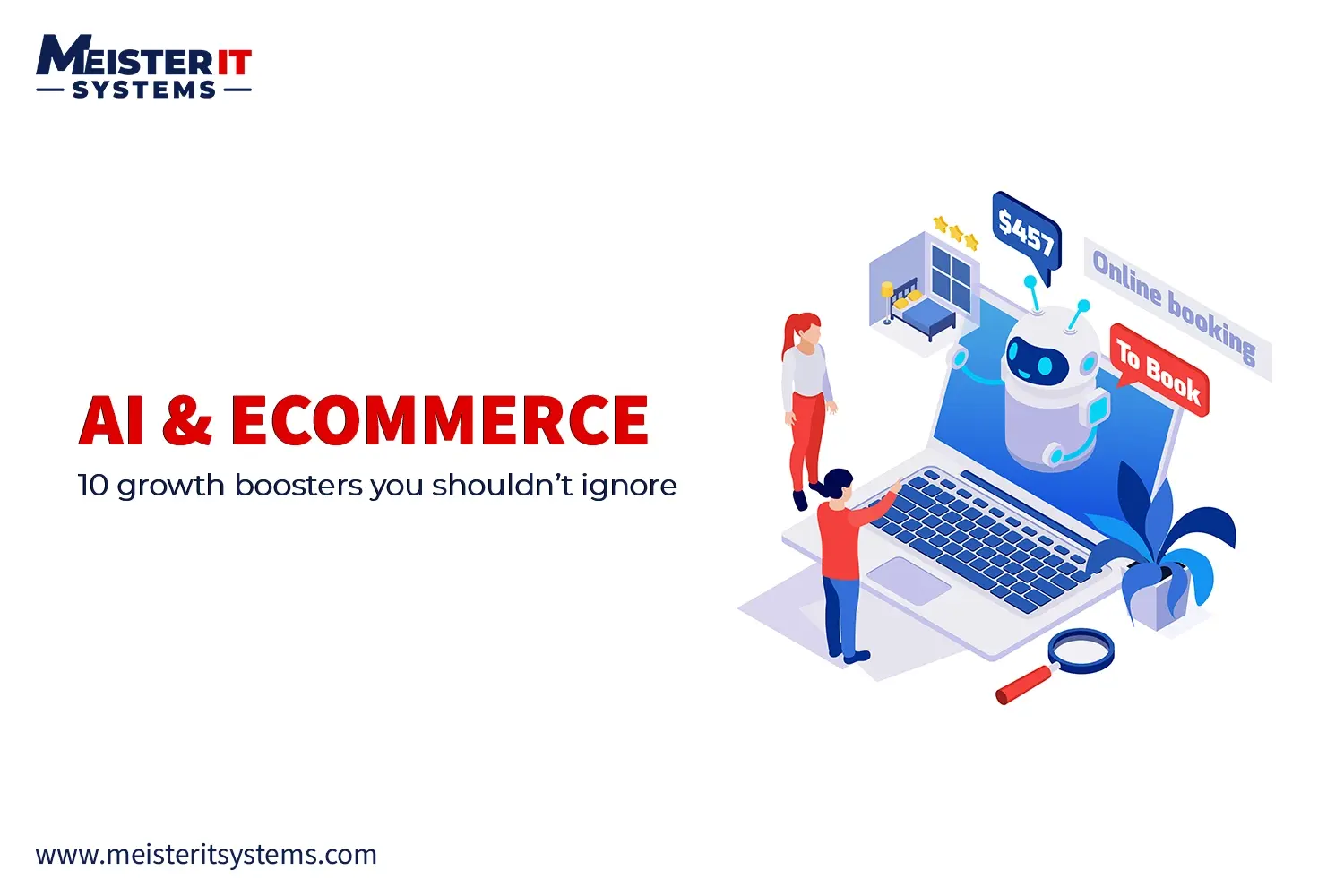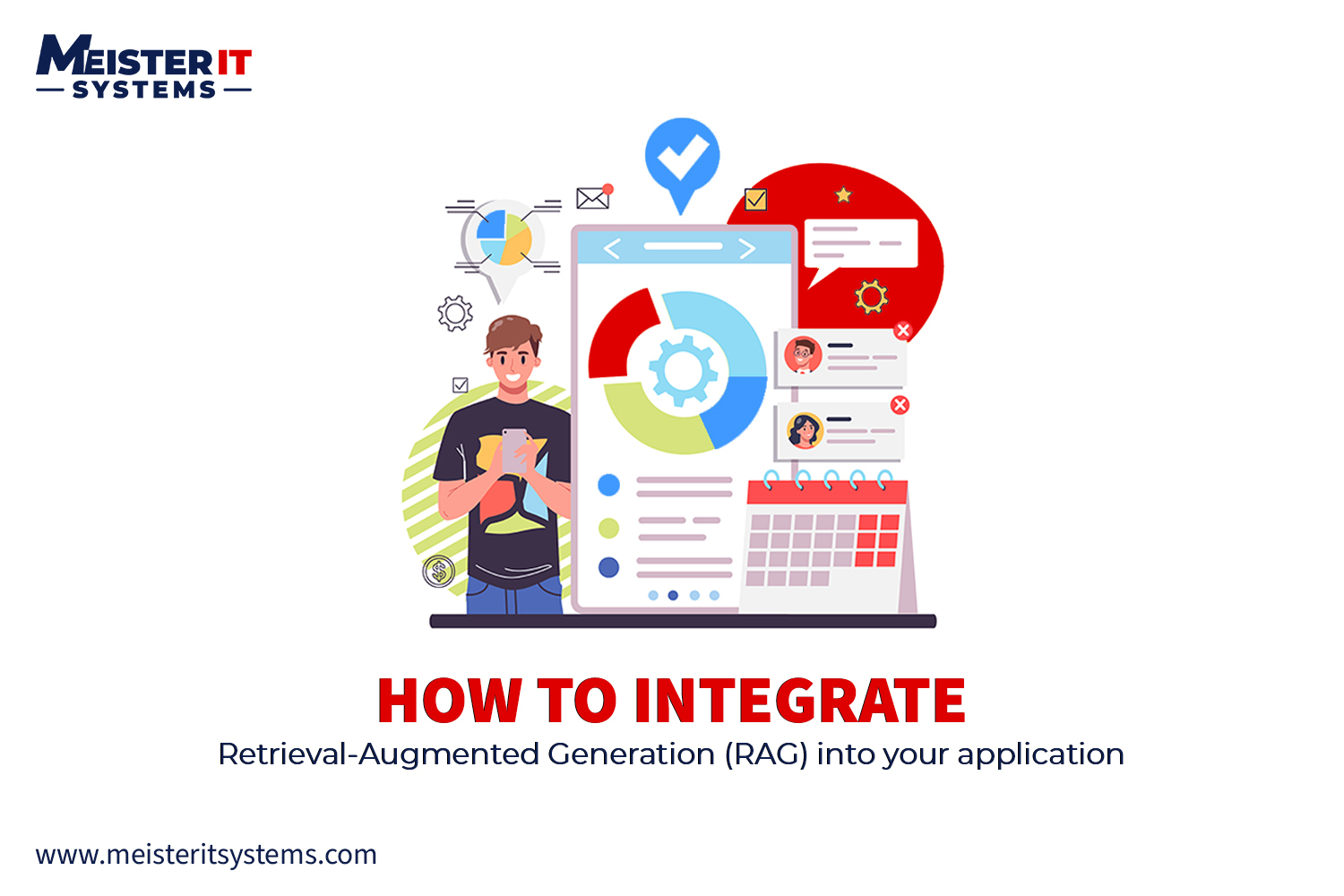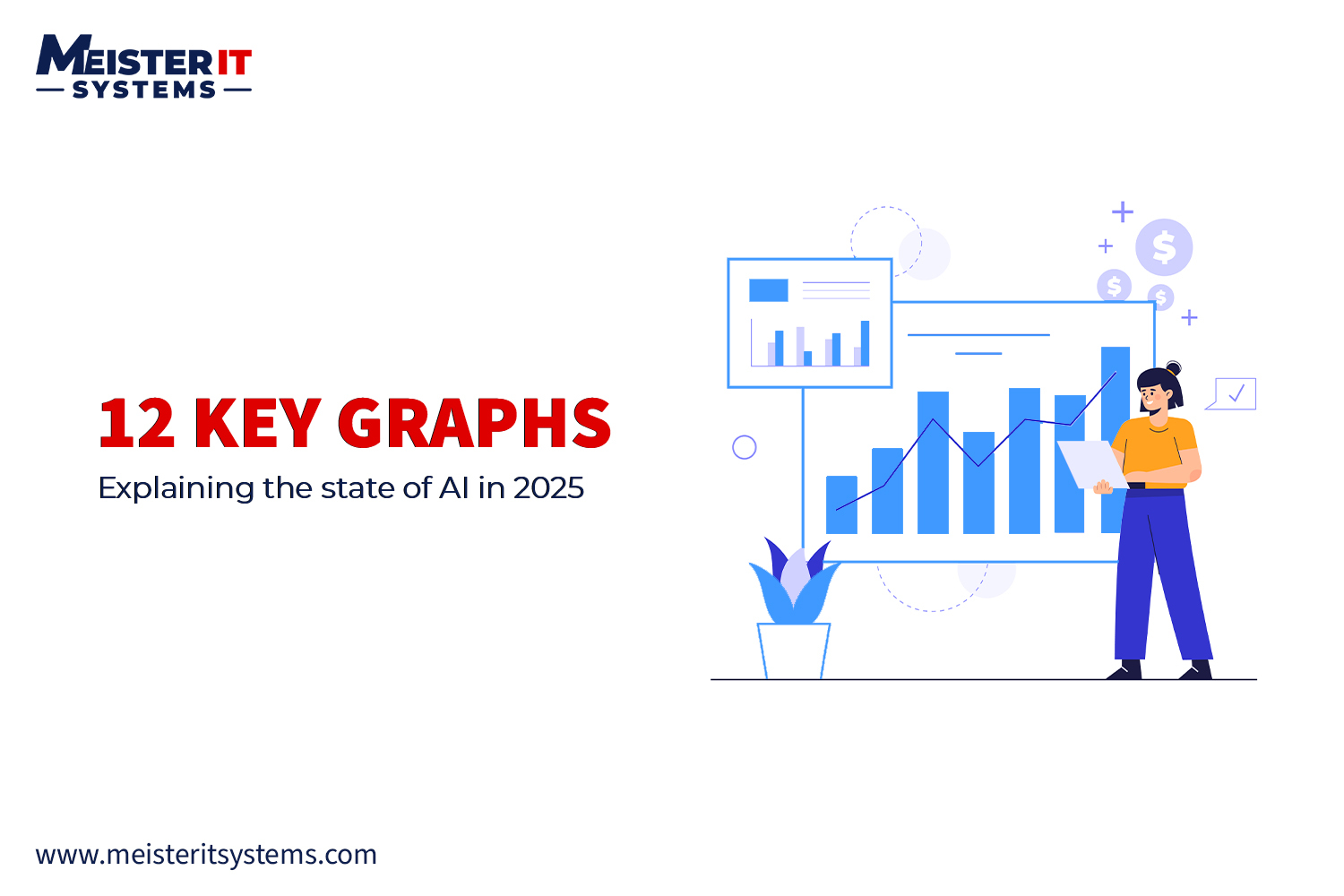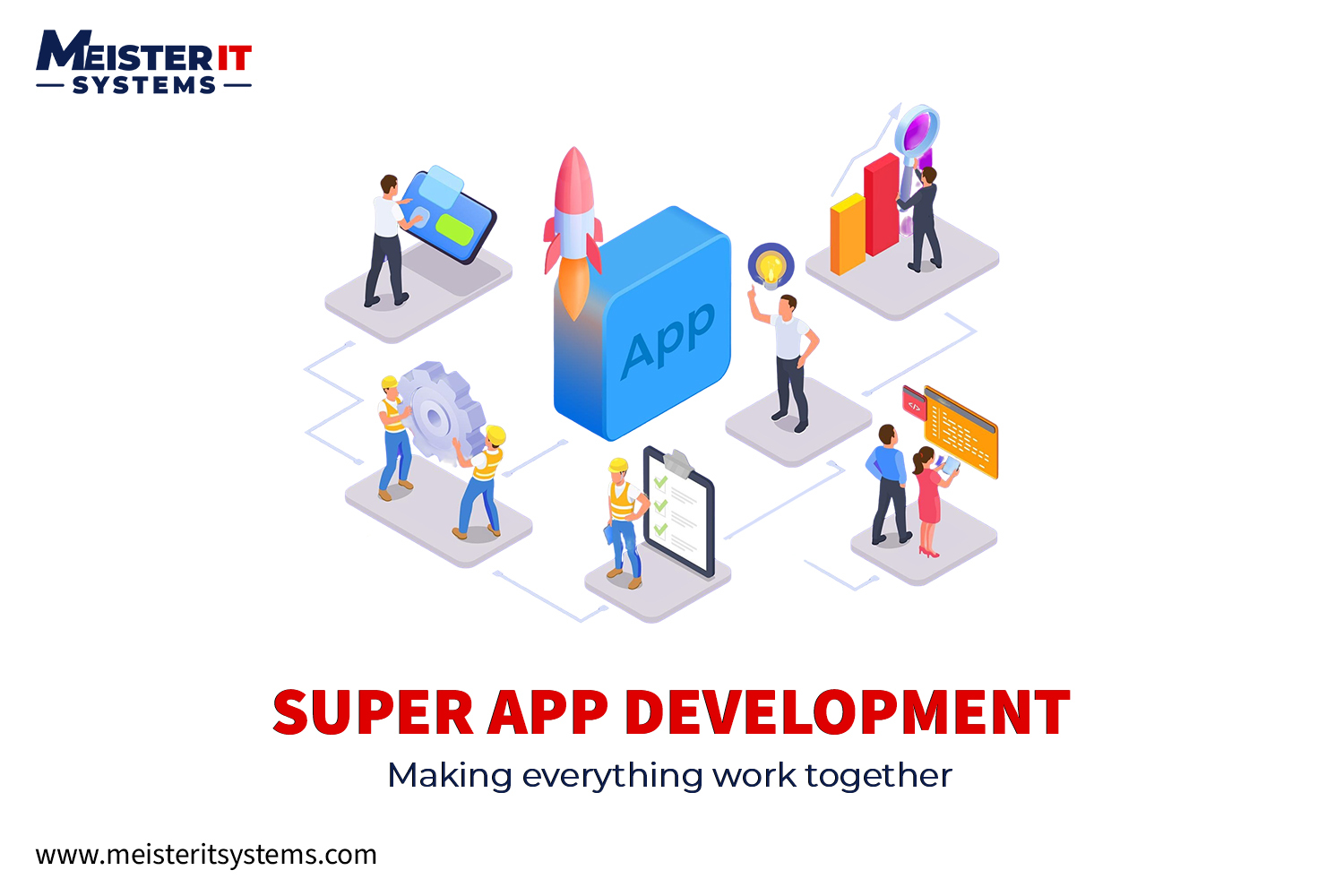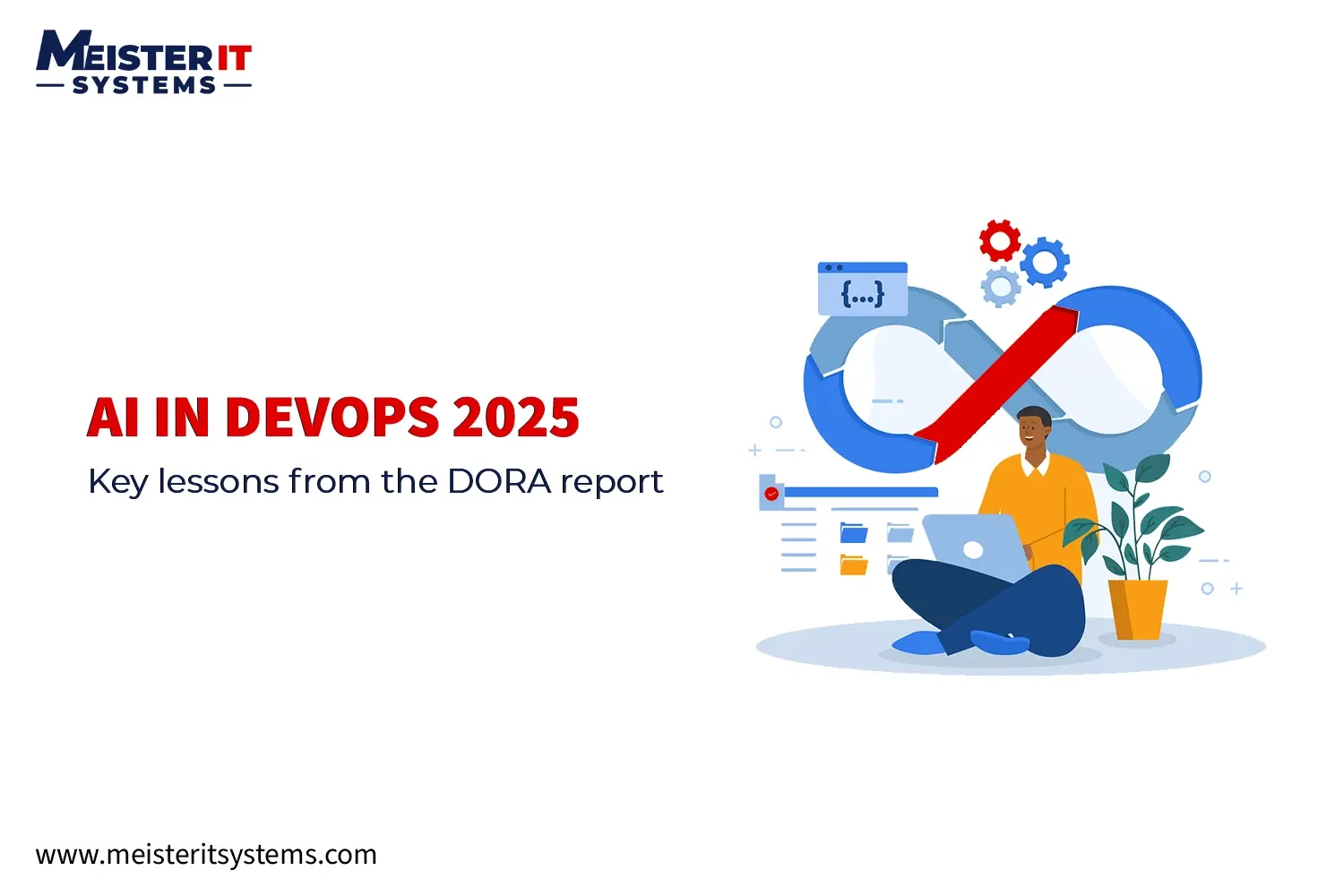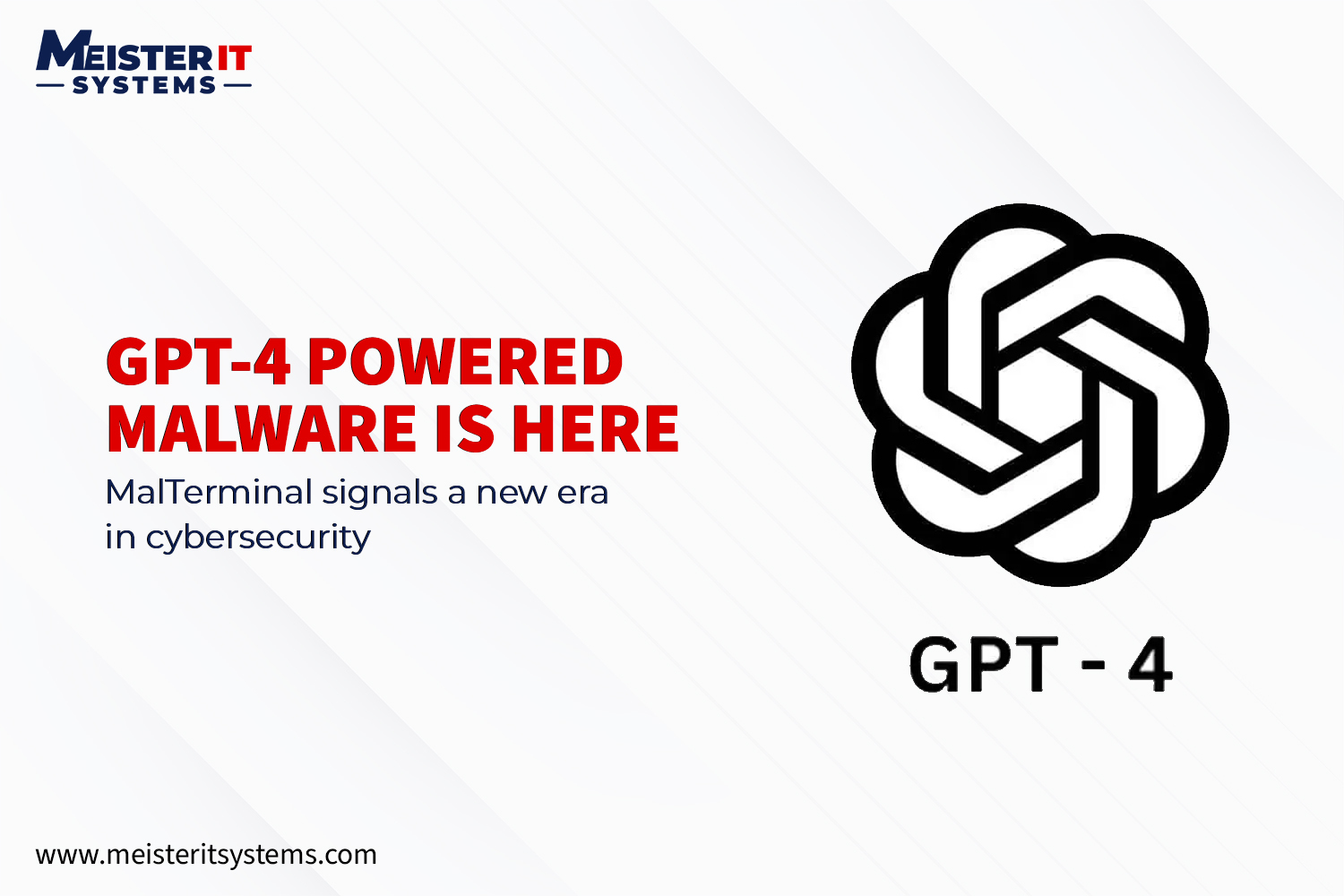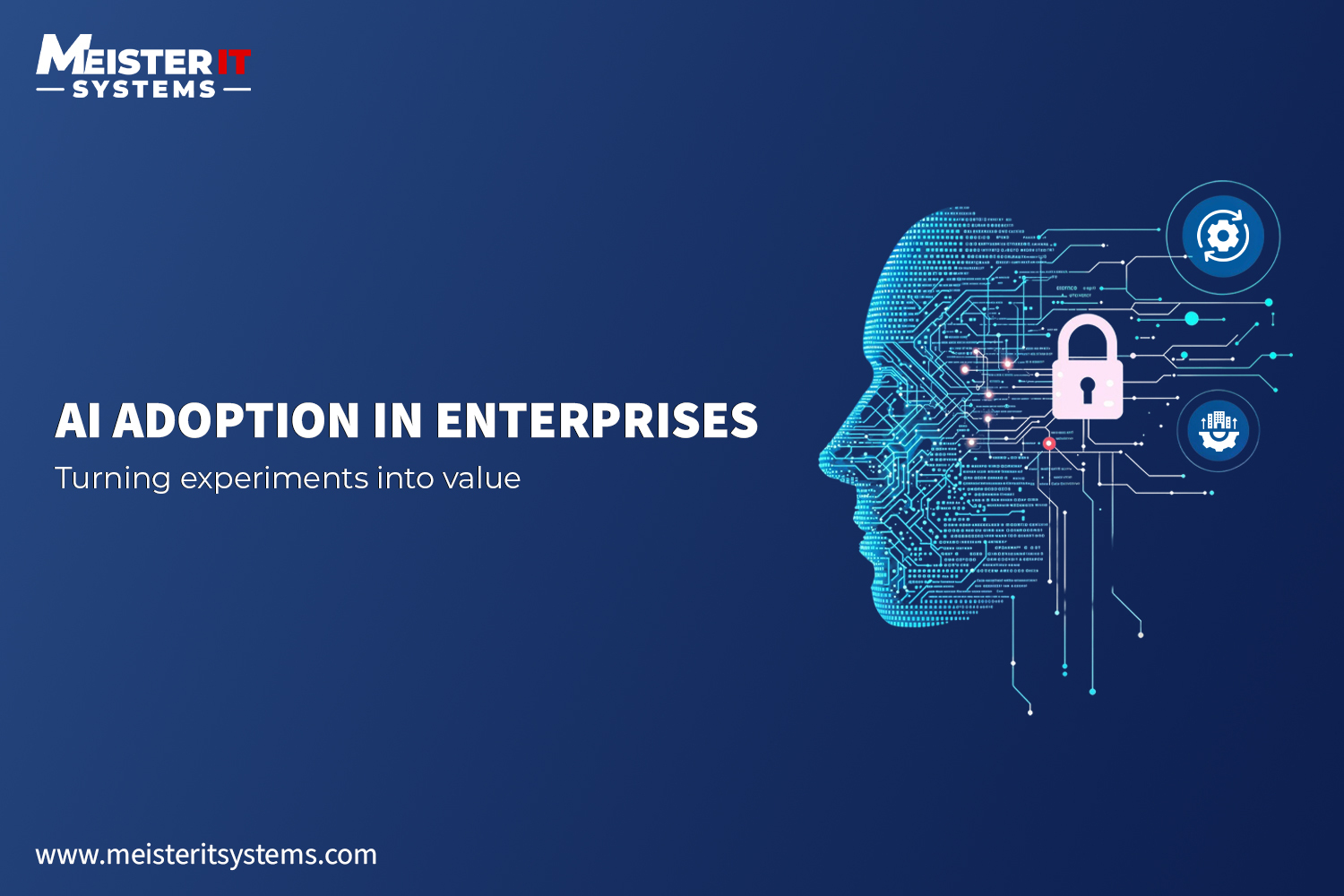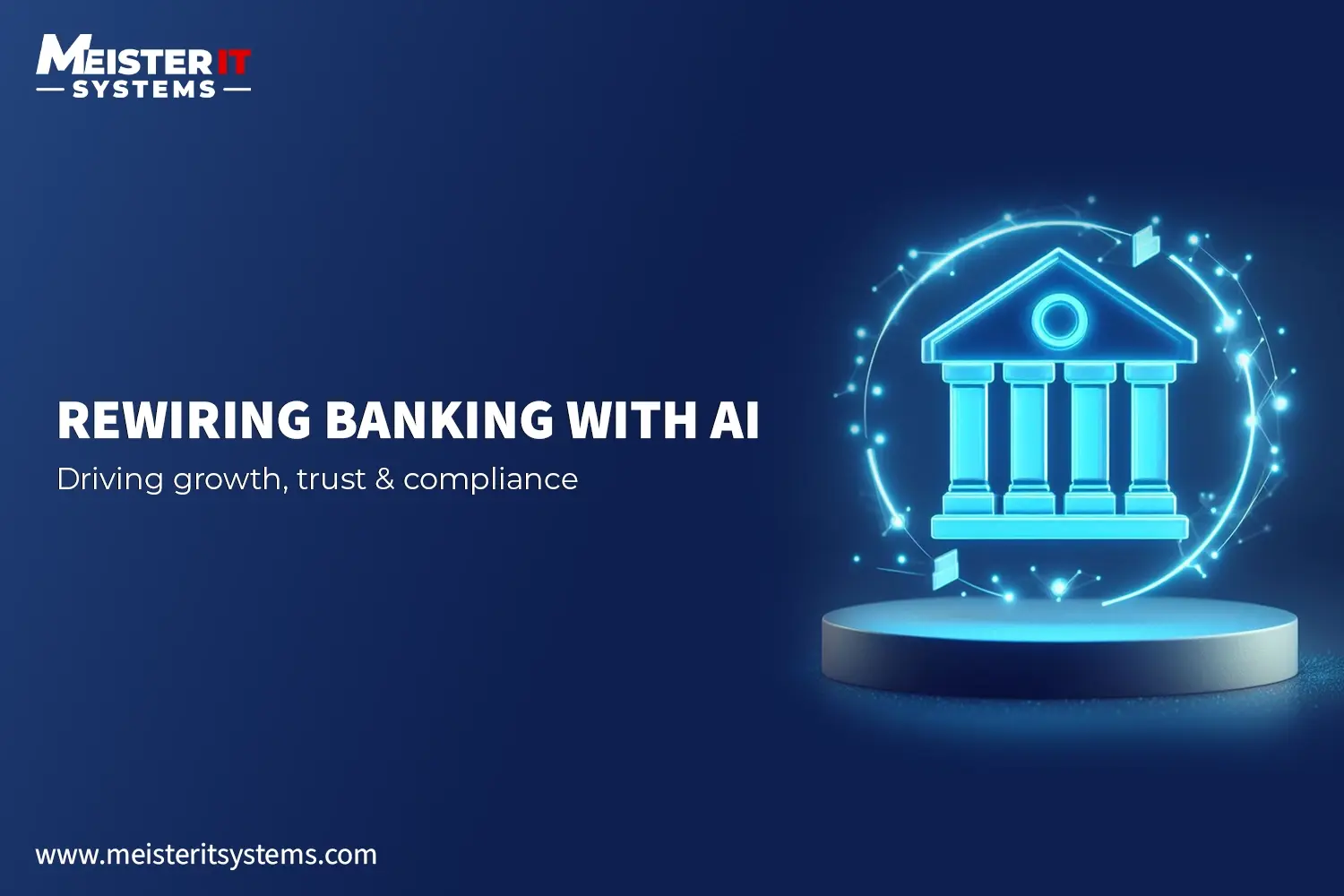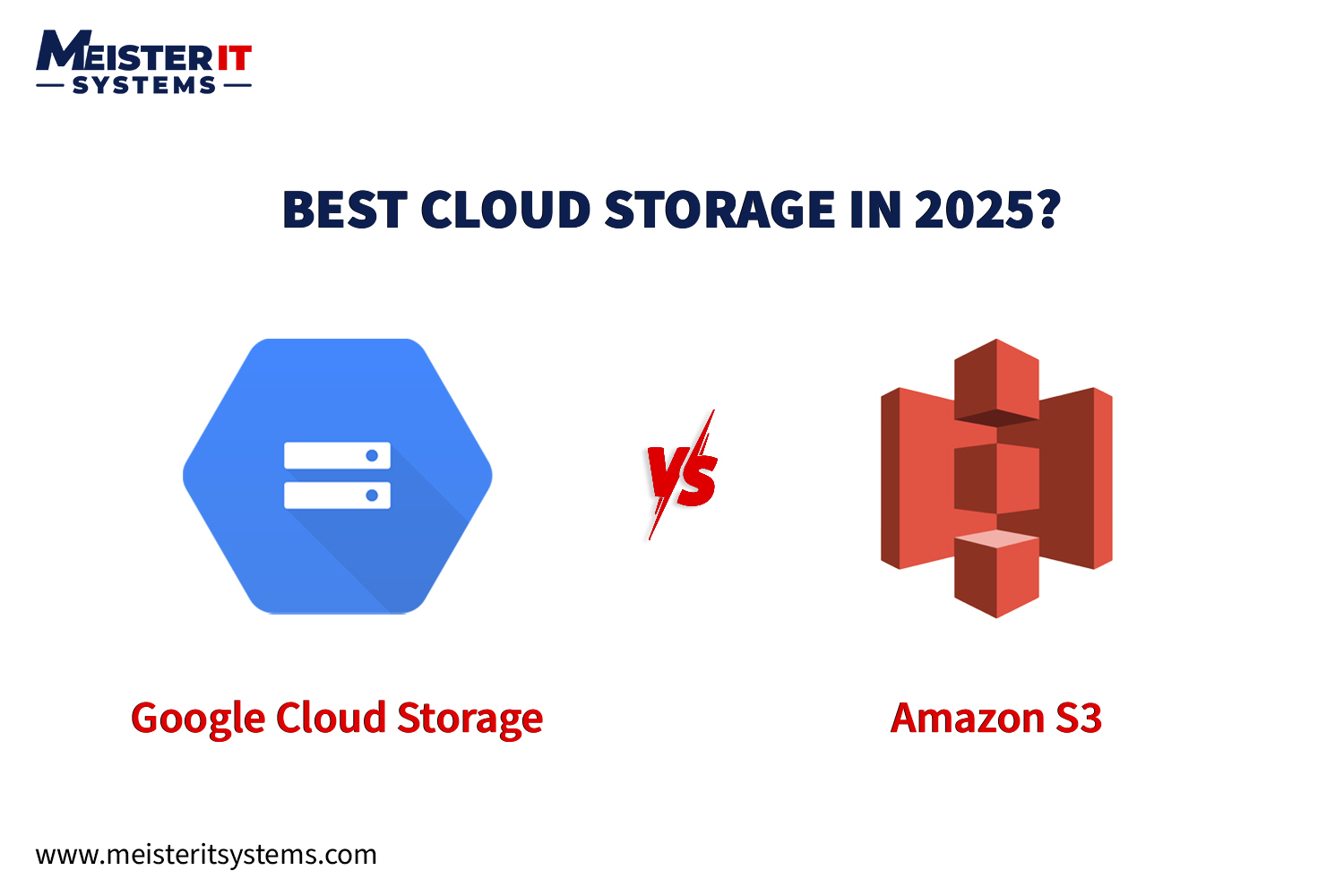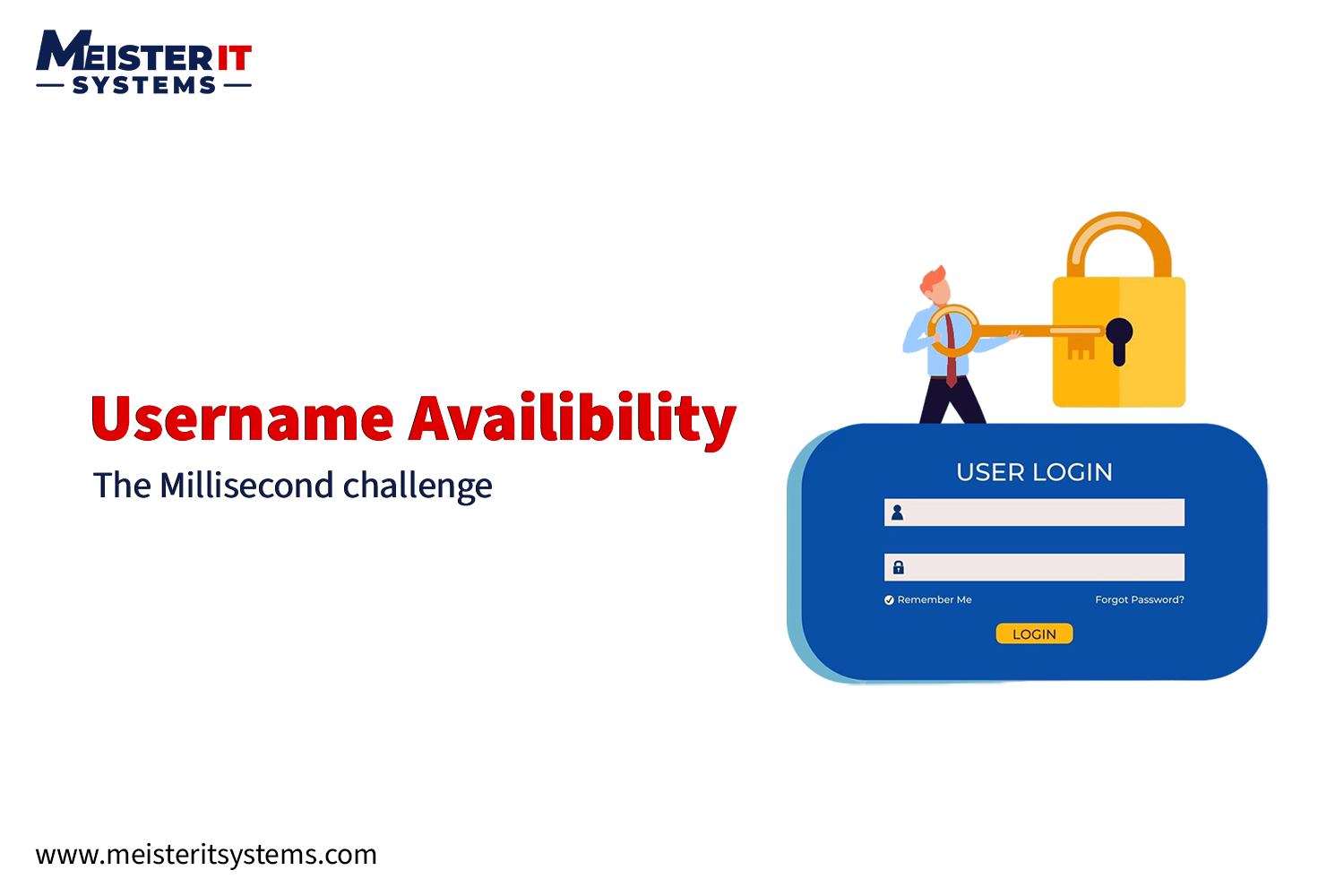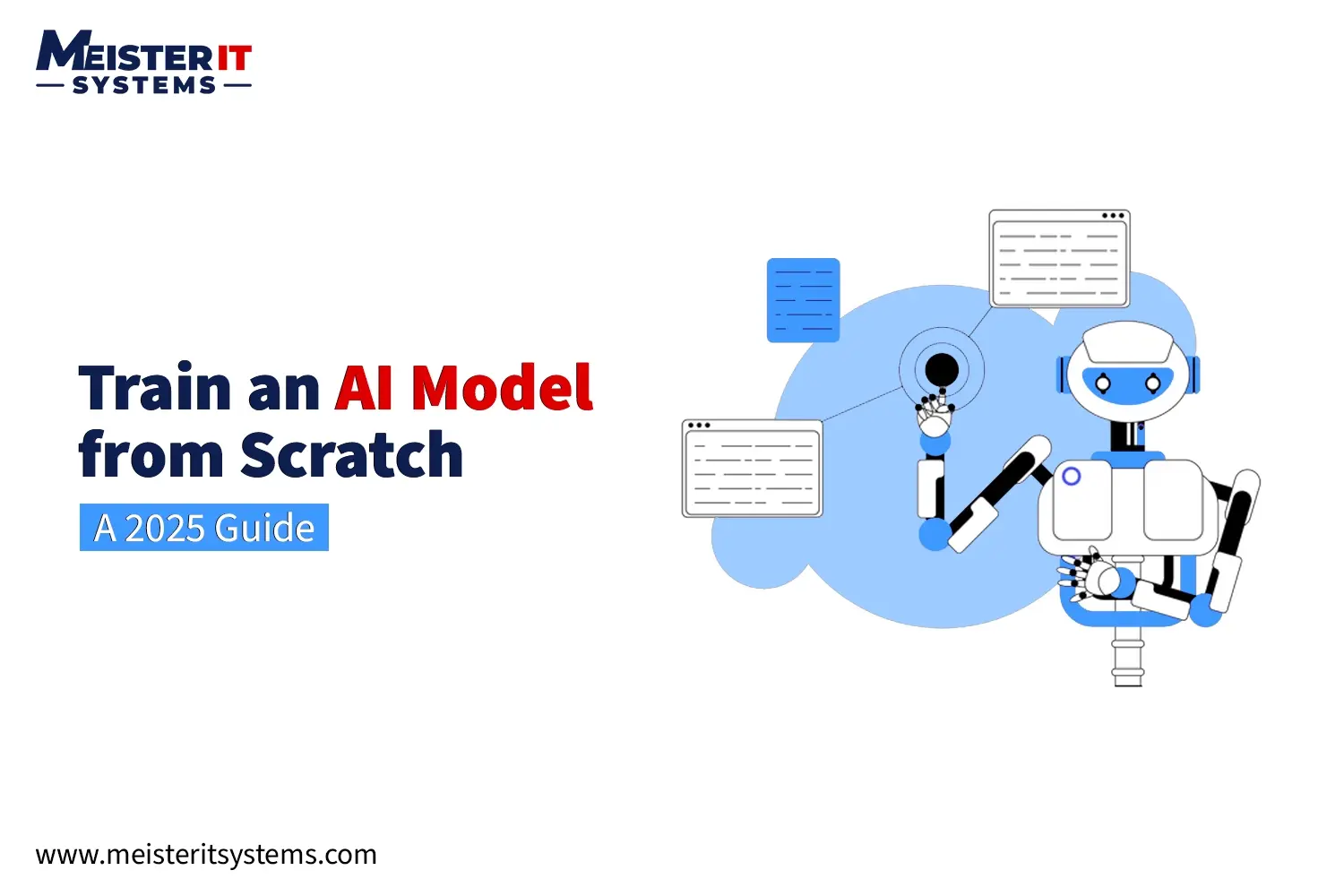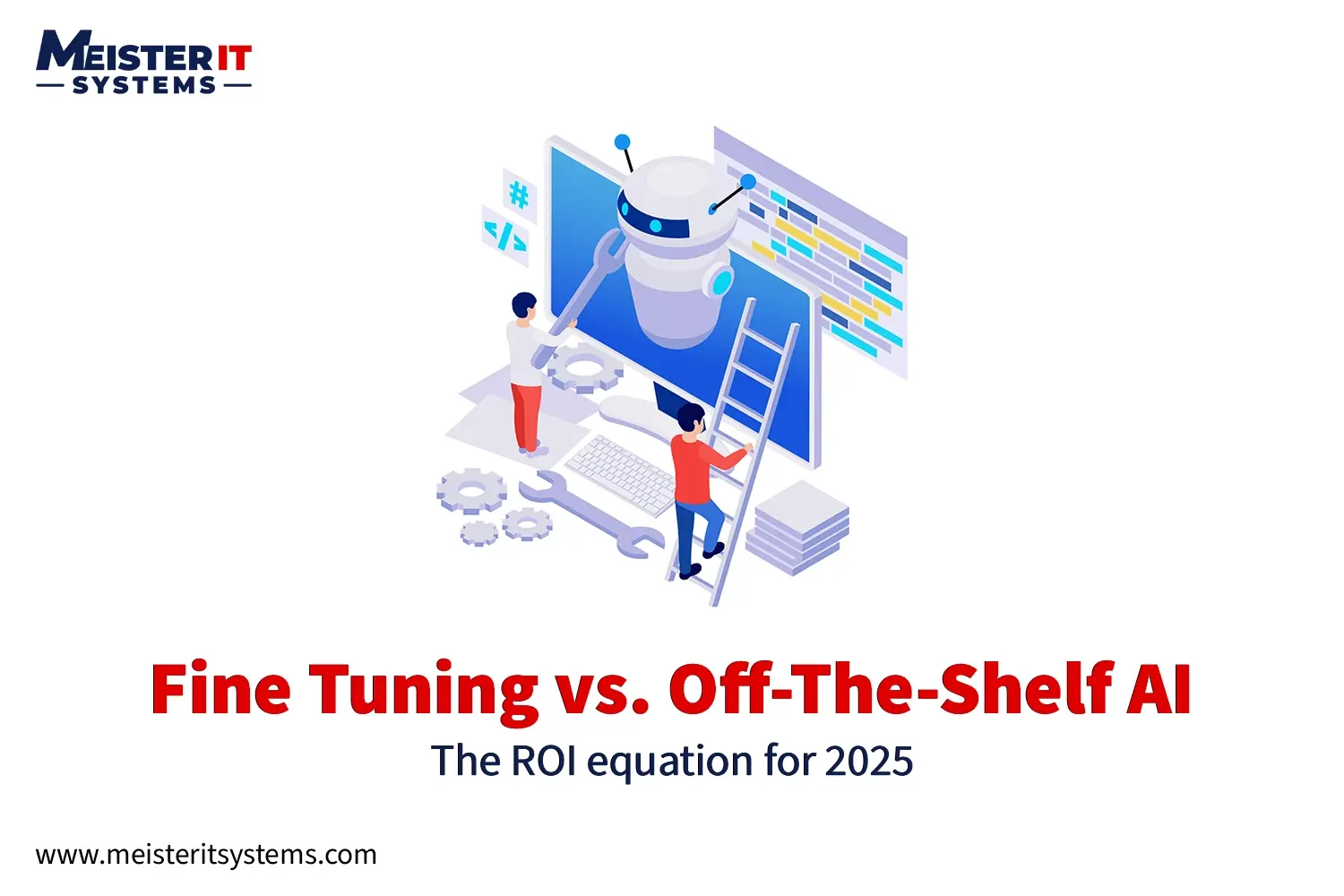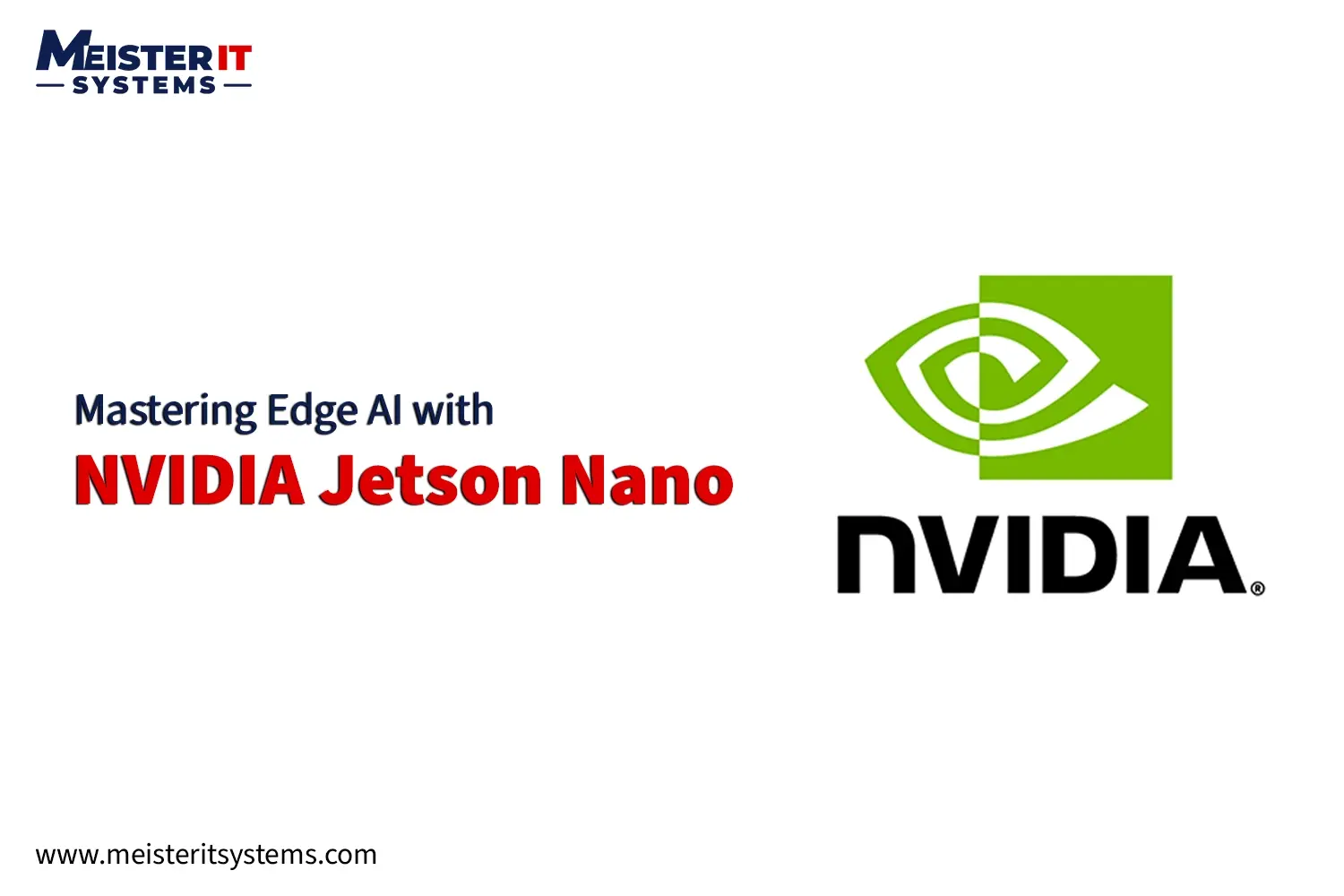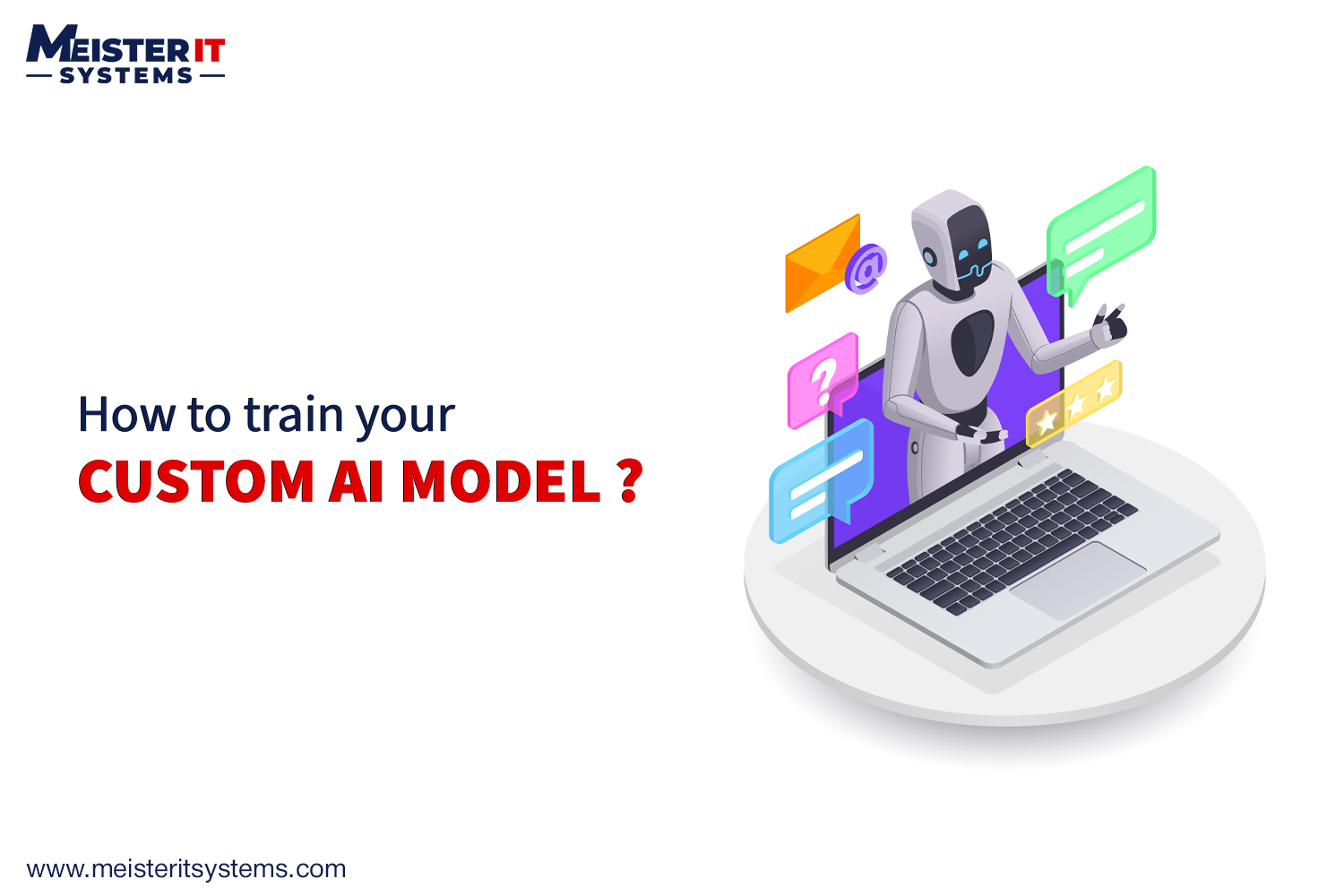
Introduction
Comprising MongoDB, Express.js, AngularJS (or Angular), and Node.js, the MEAN stack offers a robust and efficient framework for building dynamic web applications and cloud-based applications.
In this comprehensive guide, we’ll delve into the architecture, components, benefits, and real-world applications of the MEAN stack, along with how a web development company like ours can assist you in harnessing its power to grow in the market.
Understanding the MEAN Stack
MEAN is a full-stack JavaScript framework that encompasses both the client-side and server-side components of web development. Each component of the MEAN stack plays a unique role in the architecture and functionality of web applications, offering a cohesive and efficient framework for building modern digital experiences.
MEAN stands for:
- M – MongoDB
- E – Express
- A – Angular
- N – Node.js

This stack ensures faster development and deployment of the web applications. In this, Angular is a Frontend Development Framework whereas Node.js, Express, and MongoDB are used for Backend development as shown in the below figure.
MongoDB
MongoDB serves as the backbone of the MEAN stack, offering a flexible and scalable NoSQL database solution. Unlike traditional relational databases, MongoDB uses object-oriented organization, and stores data in JSON-like documents, allowing for seamless integration with JavaScript-based applications.
For example, consider an e-commerce platform that needs to store product information. With MongoDB, each product can be represented as a document, complete with attributes such as name, price, and description, making it easy to retrieve and manipulate data.
Express.js
Express.js, a minimalist web application framework for Node.js, provides a streamlined environment for building server-side logic and APIs. It handles all the interactions between the front end and the database, ensuring a smooth transfer of data to the end user.
Its simplicity and flexibility make it an ideal choice for handling HTTP requests and responses in MEAN stack applications.
For instance, imagine a social networking platform where users can post updates and interact with each other. Express.js can manage the backend logic, routing requests to the appropriate endpoints and performing actions such as creating new posts or fetching user profiles.
AngularJS or Angular
AngularJS (or its successor, Angular) is a front-end JavaScript framework maintained by Google, designed to simplify the development of single-page web applications (SPAs). Its powerful features, including data binding and dependency injection, enable developers to create dynamic and responsive user interfaces.
Consider a task management application where users can create, edit, and prioritise tasks in real-time. AngularJS can handle the client-side logic, updating the UI dynamically as users interact with the application.
Node.js
Node.js, built on Chrome’s V8 JavaScript engine, powers the server-side component of the MEAN stack. Its event-driven, non-blocking I/O model makes it well-suited for handling concurrent connections and real-time applications.
For example, in a live chat application, Node.js can facilitate instant messaging between users by managing WebSocket connections and broadcasting messages in real time.
How does the MEAN Stack work?
The MEAN stack follows a full-stack architecture, where the client-side and server-side components communicate seamlessly to deliver a cohesive user experience.

Here’s a step-by-step breakdown of how it works:
- Client-Side Interaction:A user interacts with the application’s user interface (UI) built using AngularJS or Angular.
- HTTP Requests: When the user performs an action, such as submitting a form or clicking a button, AngularJS or Angular sends an HTTP request to the server.
- Server-Side Processing: Node.js with Express.js receives the HTTP request and processes it, performing tasks such as data validation, authentication, and database operations.
- Database Interaction:Express.js interacts with MongoDB to store or retrieve data as needed.
- Response Generation: Once the server-side processing is complete, Express.js generates an appropriate HTTP response, typically in JSON format.
- Database Interaction:Client-Side Update: AngularJS or Angular receives the response and updates the UI accordingly, providing real-time feedback to the user.
Benefits of the MEAN Stack
The MEAN stack offers a comprehensive JavaScript-based solution for web development. MongoDB, a NoSQL database, enables flexible data storage. Express.js streamlines server-side development with its minimalist framework. AngularJS facilitates dynamic frontend development through its powerful MVC architecture. Its flexibility, performance, and robust ecosystem make it an ideal choice for modern, data-driven web applications. Let’s find out some of its benefits in detail!
- Single Language: With JavaScript at its core, the MEAN stack allows for seamless integration between the client-side and server-side components, streamlining the development process and reducing code complexity.
- Full-Stack JavaScript: Developers can leverage their existing JavaScript skills to build both front-end and back-end components of the application, resulting in faster development cycles and improved code maintainability.
- Scalability: The MEAN stack components, particularly Node.js and MongoDB, are designed to scale horizontally, making them well-suited for handling large volumes of traffic and data.
- Flexibility: MongoDB’s schema-less design and Express.js’s minimalist approach provide developers with the flexibility to adapt to changing requirements and iterate rapidly during the development process.
- Community Support: The MEAN stack has a vibrant and active community of developers, offering a wealth of resources, libraries, and frameworks to accelerate development and troubleshoot issues.
Real-World Applications of the MEAN Stack
The versatility of MEAN Stack makes it suitable for a wide range of applications, from simple websites to complex enterprise solutions. Here are some of the real-world applications that you can develop by using Mean Stack:
- E-Commerce Platforms: MEAN stack’s flexibility and real-time capabilities make it an ideal choice for building e-commerce platforms where users can browse products, make purchases, and track orders seamlessly.
- Social Networking Sites: MEAN stack’s ability to handle concurrent connections and real-time updates makes it well-suited for developing social networking sites where users can connect, share updates, and interact with each other in real-time.
- Content Management Systems (CMS): MEAN stack’s modular architecture and robust backend capabilities make it a popular choice for building content management systems where users can create, manage, and publish digital content.
- Collaboration Tools: MEAN stack’s real-time capabilities and flexible data model make it an excellent choice for building collaboration tools such as project management platforms, where users can collaborate on tasks, share files, and track progress in real-time.
- Healthcare Applications: MEAN stack powers healthcare management systems for patient records, appointment scheduling, and medical billing.
Conclusion
The MEAN stack offers a powerful and efficient framework for building dynamic web applications, combining the strengths of MongoDB, Express.js, AngularJS (or Angular), and Node.js. With its single-language approach, scalability, flexibility, and real-time capabilities, the MEAN stack is well-suited for a wide range of applications, from e-commerce platforms to social networking sites. By leveraging the expertise of a web development company like ours, you can unlock the full potential of the MEAN stack and propel your business to new heights in the competitive online market.





